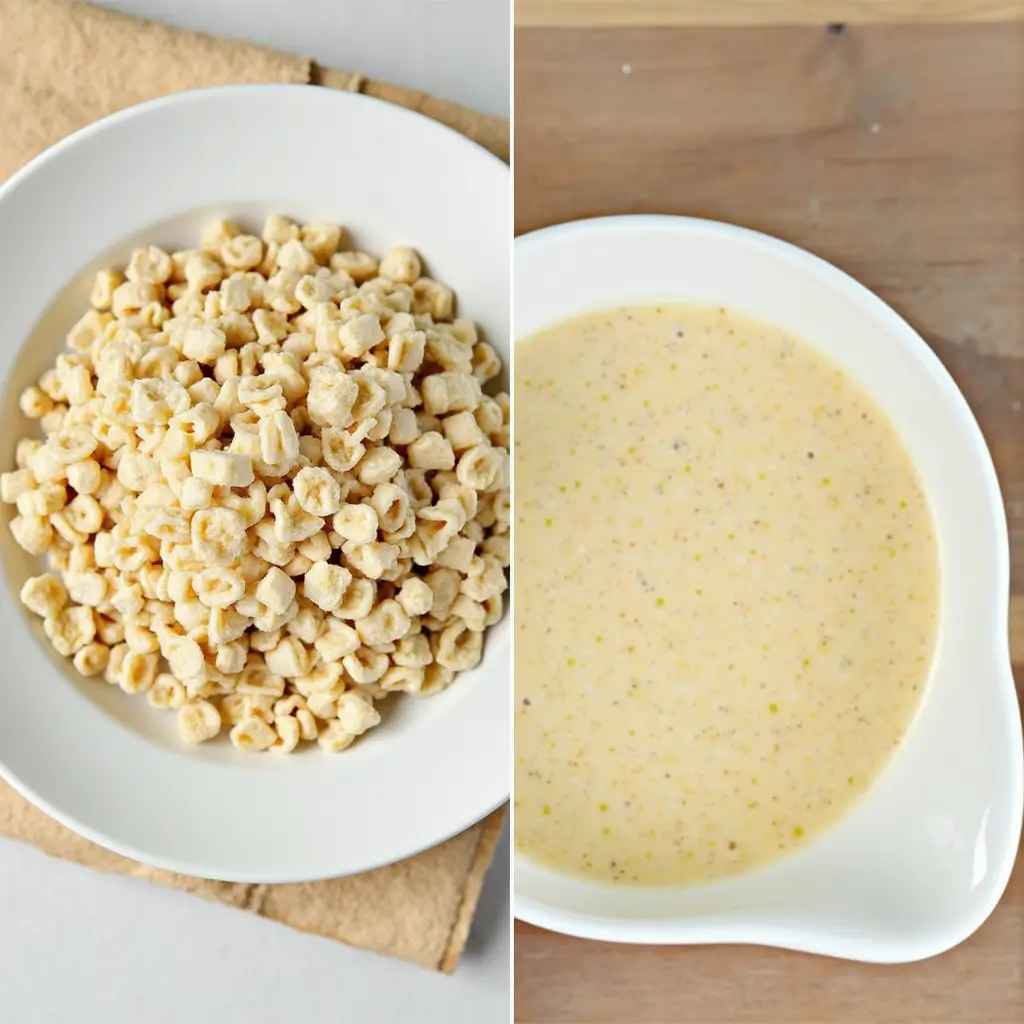Introduction
Welcoming your little one to the world of solid foods is a thrilling milestone! Between 6 and 9 months, babies are ready to explore new tastes and textures. But where to start? Let’s dive into Best First Foods for Babies: A Guide for 6 to 9 Months, and make this journey enjoyable for both of you.
Before introducing solids, ensure your baby:
- Can sit up with minimal support.
- Shows interest in your meals.
- Has lost the tongue-thrust reflex (doesn’t push food out with their tongue).
- Can grasp objects and bring them to their mouth.
If your baby ticks these boxes, it’s chow time!
Best First Foods for Babies: A Guide for 6 to 9 Months
Introducing various foods ensures your baby gets essential nutrients and develops a broad palate. Here’s a breakdown of suitable options:

Iron is crucial for your baby’s development. Consider:
- Pureed Meats: Chicken, turkey, or beef, well-cooked and blended until smooth.
- Iron-Fortified Cereals: Single-grain cereals mixed with breast milk or formula.
- Lentils and Beans: Cooked thoroughly and mashed.
Starting with iron-rich foods is recommended to replenish iron stores that begin to deplete around six months.
Introduce a rainbow of produce:
- Vegetables: Carrots, sweet potatoes, peas, and green beans, steamed and pureed.
- Fruits: Bananas, avocados, pears, and apples, mashed or pureed.
Offering a variety of vegetables, including those with bitter flavors like broccoli and spinach, can help prevent picky eating habits later on.

Dairy and Alternatives:
While cow’s milk isn’t suitable as a main drink until after 12 months, other dairy products can be introduced:
- Yogurt: Plain, full-fat varieties without added sugars.
- Cheese: Small amounts of pasteurized cheese, cut into tiny pieces.
These provide calcium and protein essential for growth.
Grains and Starches:
Incorporate these energy-rich foods:
- Soft Cooked Pasta: Small shapes like macaroni, cooked until very soft.
- Bread: Small pieces of soft bread or toast strips.
- Rice: Well-cooked and mashed.
Ensure these are easy to swallow to prevent choking.

Best First Foods for Babies: Foods to Avoid
Not all foods are baby-friendly. Steer clear of:
- Honey: Risk of botulism; avoid until after 12 months.
- Whole Nuts and Grapes: Choking hazards; offer in ground or sliced forms.
- High-Salt or Sugary Foods: Not suitable for babies’ developing kidneys and teeth.
- Cow’s Milk as a Drink: Wait until after 12 months; however, it can be used in cooking or mixed with food from 6 months.
Tips for a Smooth Transition
- One at a Time: Introduce new foods individually, waiting a few days before adding another to monitor for allergies.
- Texture Progression: Start with smooth purees, then gradually introduce lumpier textures as your baby becomes more comfortable.
- Self-Feeding: Encourage your baby to pick up soft finger foods to promote motor skills.
Allowing babies to self-feed can enhance their hand-eye coordination and foster independence.

FAQs
How much solid food should my baby eat?
What if my baby refuses a new food?
Can I offer my baby water?
When can I introduce allergenic foods?
Conclusion
Embarking on the adventure of introducing solids is a delightful phase for you and your baby. By offering a variety of nutritious foods and paying attention to your baby’s cues, you’ll set the stage for healthy eating habits that last a lifetime. Enjoy these precious moments and happy feeding!































